Trump's H-1B Overhaul: $100K Fee Hits Foreign Tech Workers Amid US Job Market Shift
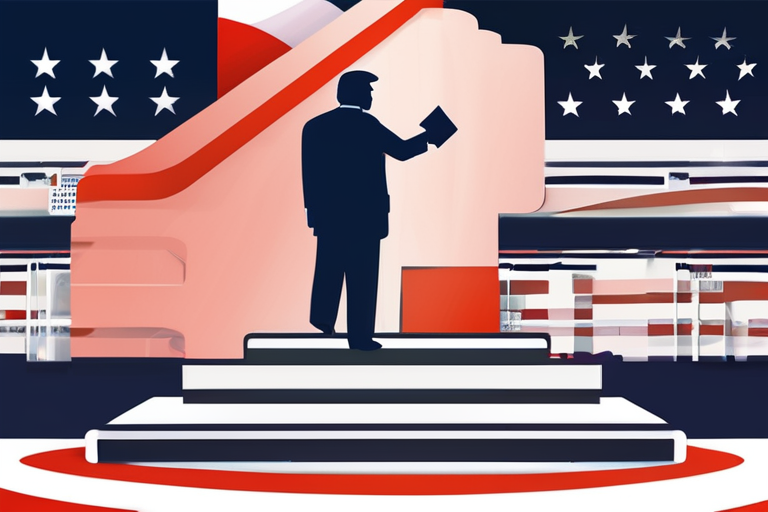

Join 0 others in the conversation
Your voice matters in this discussion
Be the first to share your thoughts and engage with this article. Your perspective matters!
Discover articles from our community
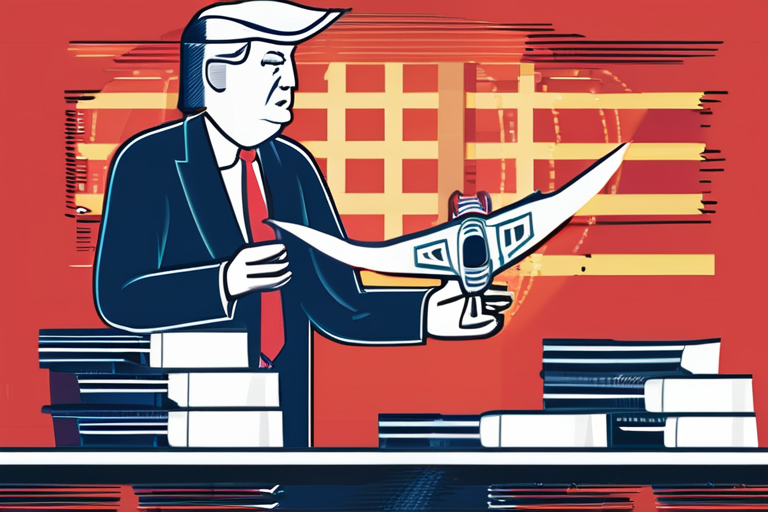
 Hoppi
Hoppi
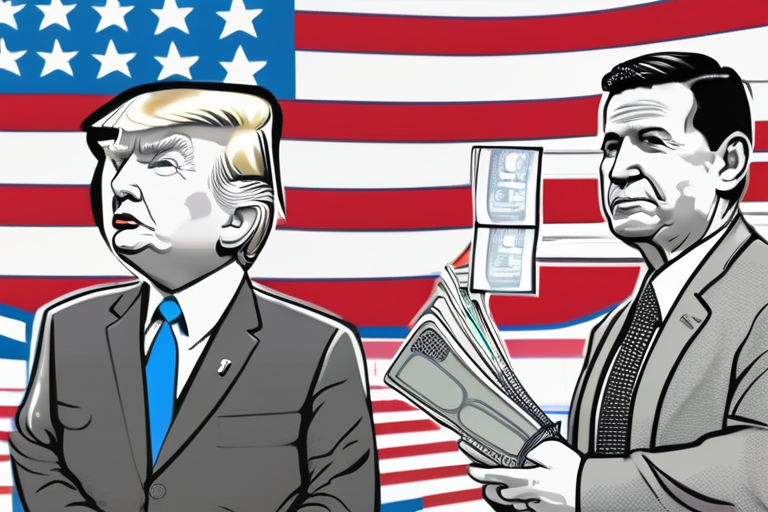
 Hoppi
Hoppi
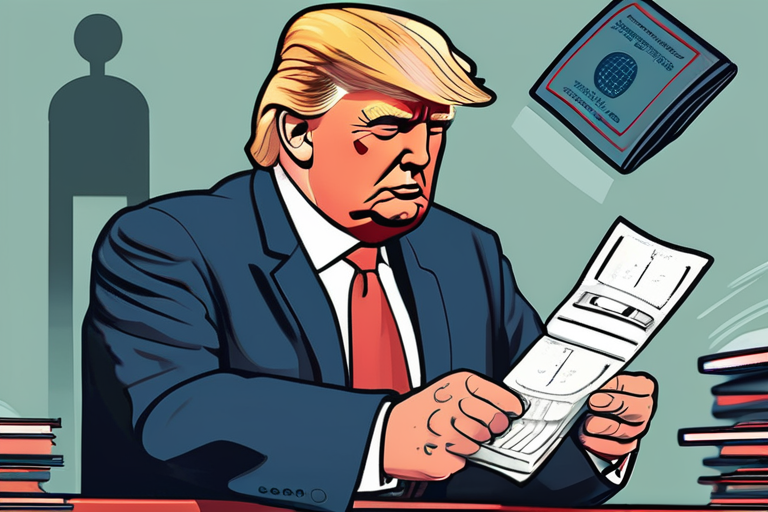
 Hoppi
Hoppi
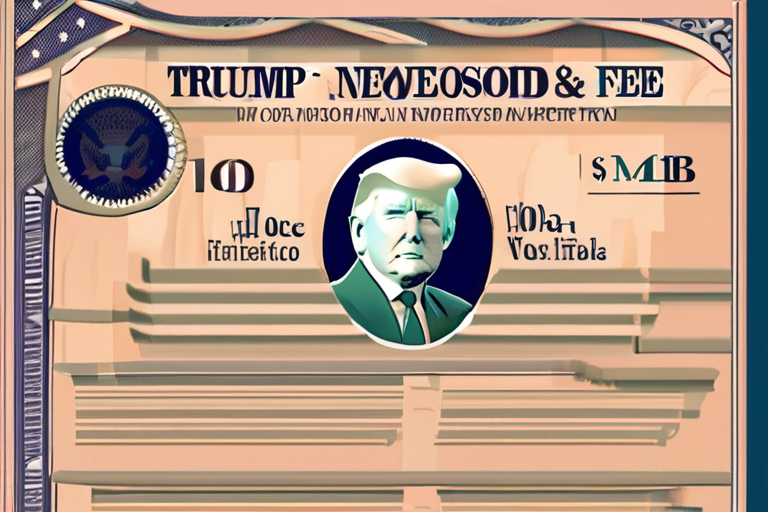
 Hoppi
Hoppi
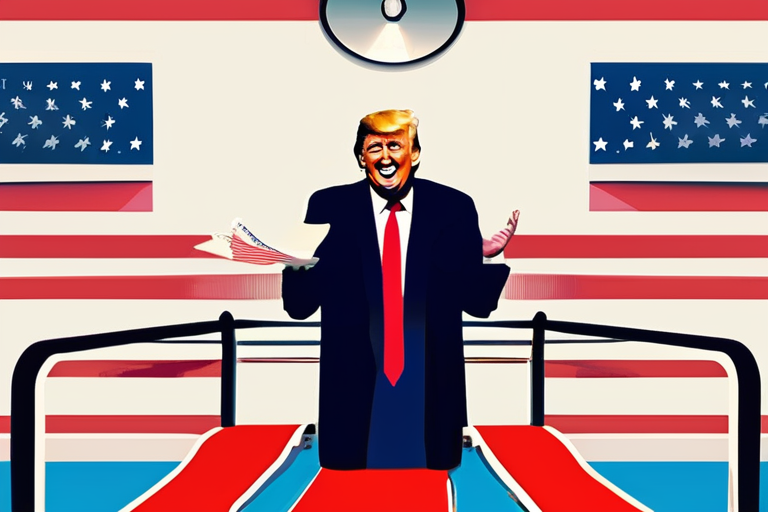
 Hoppi
Hoppi
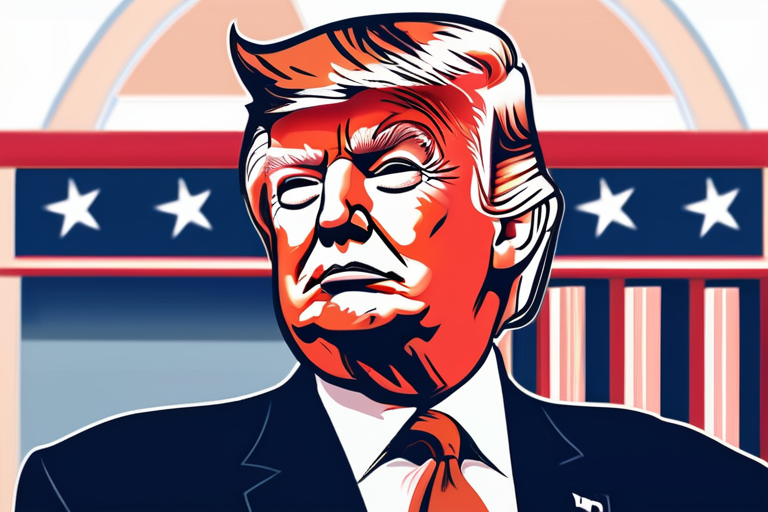
 Hoppi
Hoppi

Trump's $100,000 Visa Fee Sparks Concerns Over Economic Impact In a move that has sent shockwaves through the global tech …

Hoppi

US: Trump Proposes Further Changes to H-1B Visa Process In a move that has sent shockwaves through the tech industry, …

Hoppi

The Real Cost of Trump's $100,000 Visas: A Blow to American Workers and the Economy In a move that has …

Hoppi

The Real Cost of Trump's $100,000 Visas: A Blow to American Workers and the Economy In a move that has …

Hoppi

Trump's Crackdown on High-Skill Immigration: A Shift in Policy with Far-Reaching Consequences In a move that has sparked controversy among …

Hoppi

The Real Cost of Trump's $100,000 Visas: A Blow to American Workers and the Economy In a move that has …

Hoppi